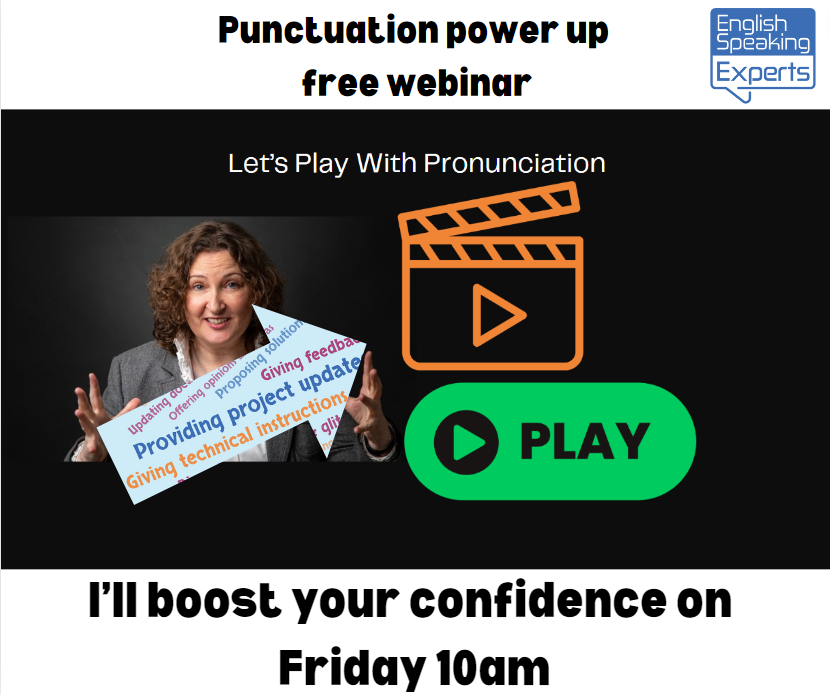
#178 Getting Back to your STEM Career: Communication Strategies for Professional Mothers
Corporate Social Responsibility or CSR can boost your employer brand, encouraging your experts to make that arduous time consuming commute into the office or indeed another location. Being together though is the name of the game – not just for the sake of it, or for controlling purposes but a common goal. That’s also a great way to watch your top talent in action on various Corporate Social Responsibility initiatives whilst building a stronger employer brand.


